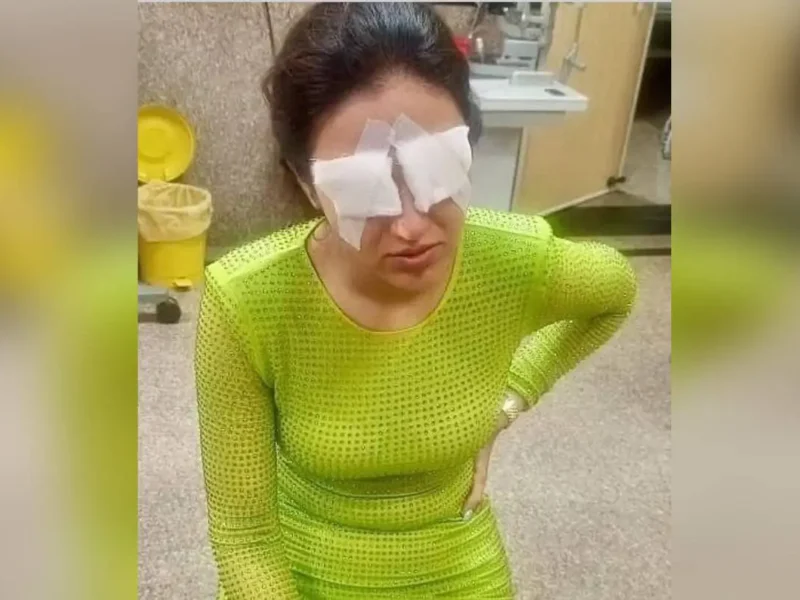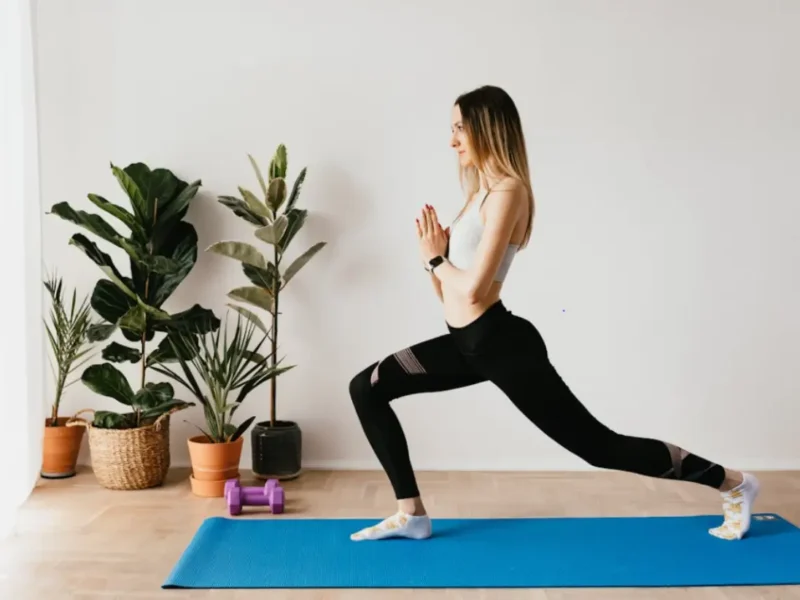
Hair health tips and tricks
New Delhi, (IANSlife) The wintry cold winds can dry out our hair. Rob Smith, Dyson’s Senior Principal Hair Care Scientist, shares a few hair health tips and tricks to incorporate into daily routines and protect precious locks from harsh winters.
Conditioners are some of the best products you can use on your hair, so use them after every wash. They coat and lubricate the hair, making it easier for a comb to reduce static build-up and flyaways. Conditioners do not repair hair, but they help to reduce hair damage.
A wide-tooth comb reduces friction and mechanical damage when your hair is wet and much weaker.
Brushing down from the ends of your hair to remove tangles is a good brushing technique. Starting at the root will only tighten the knots even more.
Greasy hair and scalp are caused by the accumulation of sebum produced by each hair follicle. Washing your hair frequently is not necessarily bad; it reduces unpleasant residues such as sebum, loose skin cells, sweat, and environmental pollutants. If you wash your hair every day, try a milder shampoo; Cocamidopropyl betaine (look for it on the ingredients list) can help make a shampoo less irritating and milder. There is currently no clear scientific evidence that using a pre-shampoo is necessary. If you use a milder or moisturizing shampoo, your hair will stay in good condition without the extra step.
Hairspray and mousse act like glue, holding the hairs together in the desired style. High-hold hairsprays alter the feel of your hair because the strands are held more tightly together, making your hair less mobile. Natural oils and silicones can be applied to your hair to keep water out and your style in place for longer. However, too much can cause your hair to become weighed down and have the opposite effect.
Some dry shampoos can be used for styling because they provide the same benefits as backcombing while causing no cuticle damage. It can be used to give hair a beachy/voluminous look or to mattify it. Some dry shampoos and texturizing sprays can leave a powdery residue in your hair.
This is the most common type of hair damage. Brushing, towel drying, and running your fingers through your hair are all examples of causes. To avoid further mechanical damage, wrap hair in a towel and let it dry naturally.
Tips for the colder seasons:
Avoid leaving the house with wet hair. Water disrupts the bonds that give hair strength, making it weaker. This makes it far more vulnerable to damage. You can dry and style your hair at the same time if you use a good hair dryer, allowing you to look the way you want while avoiding leaving your hair in a weakened state for extended periods of time.
Shampoo less and condition more: During the colder months, your scalp can become drier and itchier. Shampooing can strip away the natural oils that keep your scalp moisturized, so using a milder shampoo or reducing the frequency of washing can help avoid this.
Dry scalp: The air tends to be drier during the colder months of the year. Consider using a humidifier in your home to help retain moisture on your scalp. Consider applying a high-quality oil to your scalp after shampooing to keep it moisturized.
Static electricity: This can be more prevalent during the colder months because lower humidity causes hair to hold less moisture. This can make hair appear frizzier and more unruly. Over-drying your hair can also cause it to frizz. Avoid using a plastic hairbrush, which can cause static buildup, and instead use a hair dryer with controlled airflow and an ionizer to help control static and frizz.
Use a high-quality conditioner to reduce friction and wear while also protecting your hair cuticles and reducing tangles and knots.




